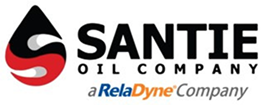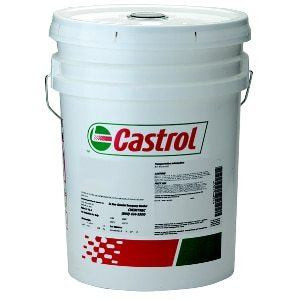Product Description
Castrol Molub-Alloy 1000 HT (previously called Molub-Alloy 1000) extreme temperature grease utilizes synthetic base oils in conjunction with a blend of lubricating solids selected for high temperature service. The synthetic fluids in Molub-Alloy 1000 HT were selected for their controlled low volatility, minimum residue after evaporation and high VI for additional film strength at elevated temperatures. The combination of synthetic fluids and a unique thickening system offers physical stability in prolonged service at high temperatures. Molub-Alloy 1000 HT remains more pliable than conventional high temperature greases. As a result of the higher viscosity synthetic base fluids used in Molub-Alloy 1000 HT, the film strength at elevated temperature is superior to that of petroleum base oils. It is also formulated with a combination of rust and oxidation inhibitors for prolonged service life without relubrication.
Application
Molub-Alloy 1000 HT is designed for use in applications where elevated temperatures are encountered, heavy and shock loading occurs, and where bearing speeds are low to moderate. Molub-Alloy 1000 HT has been successfully used in a wide range of elevated temperatures industrial applications such as:
- In overhead sealed trolley wheel conveyor bearings passing through paint drying ovens in an air conditioner manufacturing plant. Temperatures reached 180 °C/356 °F and relubrication cycles were every 8 months
- In overhead sealed trolley wheel conveyor bearings passing through a paint drying oven in an automotive assembly plant. Temperatures reached 185 °C/365 °F with relubrication cycles every 6 months
- In floor conveyor bearings passing through paint drying ovens in an automotive assembly plant. Temperatures of190 °C/374 °F were reached with relubrication cycles every 6 months In overhead sealed trolley wheel conveyor bearings passing through paint drying ovens of a motorcycle assembly plant. After 4 months without relubrication in temperatures of 180 °C/356 °F, the bead of product on the outside of the trolley wheels was still soft and pliable. Relubrication cycles were every 6 months
- In a cement rotary kiln as a gas-seal lubricant to minimize hot gas leakage







